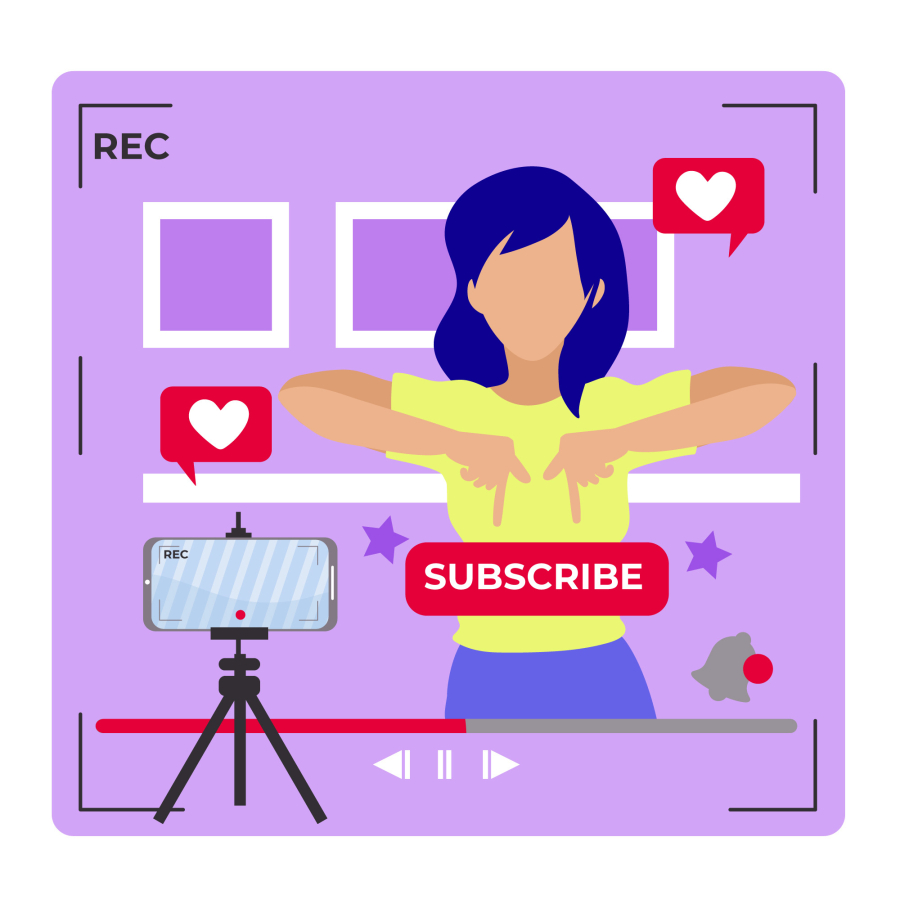Freelance Careers in Virtual Reality Media Production
The world of freelancing is evolving rapidly, and one of the most exciting areas of growth is Virtual Reality (VR) media production. With industries like gaming, education, real estate, healthcare, and entertainment increasingly adopting VR experiences, there has never been a better time for freelancers to explore careers in this field. Unlike traditional video production, VR requires specialized skills in immersive storytelling, 3D modeling, animation, and interactive design. For freelancers, this means new opportunities to collaborate with brands, startups, and global clients who want to engage audiences in more innovative ways.
This article on freelancerbridge will guide you through the scope of freelance careers in VR media production, the essential skills to develop, tools and software to master, and strategies to succeed in building a career in this growing industry.
Long Description
1. The Rise of VR Media Production
Virtual Reality is no longer limited to gaming. Industries such as real estate use VR for virtual property tours, education incorporates immersive classrooms, and healthcare leverages VR for medical simulations.
Brands are now hiring freelancers to produce VR marketing campaigns, product demos, and interactive training materials.
Freelancers with VR skills are in high demand because businesses prefer flexible, cost-effective professionals over large in-house teams.
2. Why Freelancers Should Explore VR Careers
High demand and low competition: Compared to traditional video production, fewer freelancers specialize in VR, giving early adopters a competitive edge.
Global opportunities: Freelancers can collaborate with companies across the world as VR projects are often remote-friendly.
High-paying niche: VR media production projects generally pay higher than standard video projects due to the complexity of skills involved.
3. Essential Skills for Freelance VR Media Production
3D Modeling and Animation: Understanding platforms like Blender, Maya, or Cinema 4D.
Game Engine Proficiency: Mastery of Unity or Unreal Engine to create immersive VR environments.
Video Editing for VR: Skills in 360-degree video editing using tools like Adobe Premiere Pro or DaVinci Resolve.
Sound Design: Spatial audio design for creating realistic VR experiences.
Storytelling in VR: Crafting immersive narratives that engage users in interactive environments.
4. Tools and Software for Freelance VR Professionals
Unity and Unreal Engine for VR development.
Oculus Rift, Meta Quest, and HTC Vive for testing experiences.
Adobe After Effects & Premiere Pro for editing VR videos.
Blender and Maya for modeling and animation.
Spatial audio software like Wwise for immersive soundscapes.
5. Building a Career in Freelance VR Production
Create a portfolio: Showcase your VR projects, 360 videos, and interactive experiences on platforms like YouTube VR or personal websites.
Use freelance platforms: Websites such as Upwork, Freelancer, Fiverr, and specialized VR job boards connect freelancers with clients seeking VR talent.
Network in VR communities: Join online forums, VR developer groups, and LinkedIn communities to collaborate with professionals.
Keep learning: Since VR is evolving, freelancers should continuously update their skills with new tools and trends.
6. Challenges Freelancers Face in VR Careers
High equipment costs: VR headsets and high-performance computers are essential but can be expensive.
Learning curve: Mastering 3D and game engines takes time and effort.
Market competition: While still less crowded than traditional media, more professionals are entering VR each year.
Client education: Many businesses are still new to VR, so freelancers may need to explain the benefits before securing projects.
7. Tips for Success as a Freelance VR Professional
Start small with 360-degree video projects before diving into full VR environments.
Partner with freelance scriptwriters, animators, and sound designers to deliver complete VR experiences.
Offer free or low-cost demos to attract clients initially and then upsell larger projects.
Stay ahead of industry trends, such as AR/VR integration with AI and the metaverse.
Market yourself as a specialist in a niche industry (e.g., VR for healthcare, VR real estate tours).
8. The Future of VR Freelance Careers
As the metaverse and immersive media continue to expand, VR professionals will find more work in content creation, training, education, and marketing.
Freelancers who establish themselves now will benefit from being early leaders in this growing field.


 by Emily
by Emily




